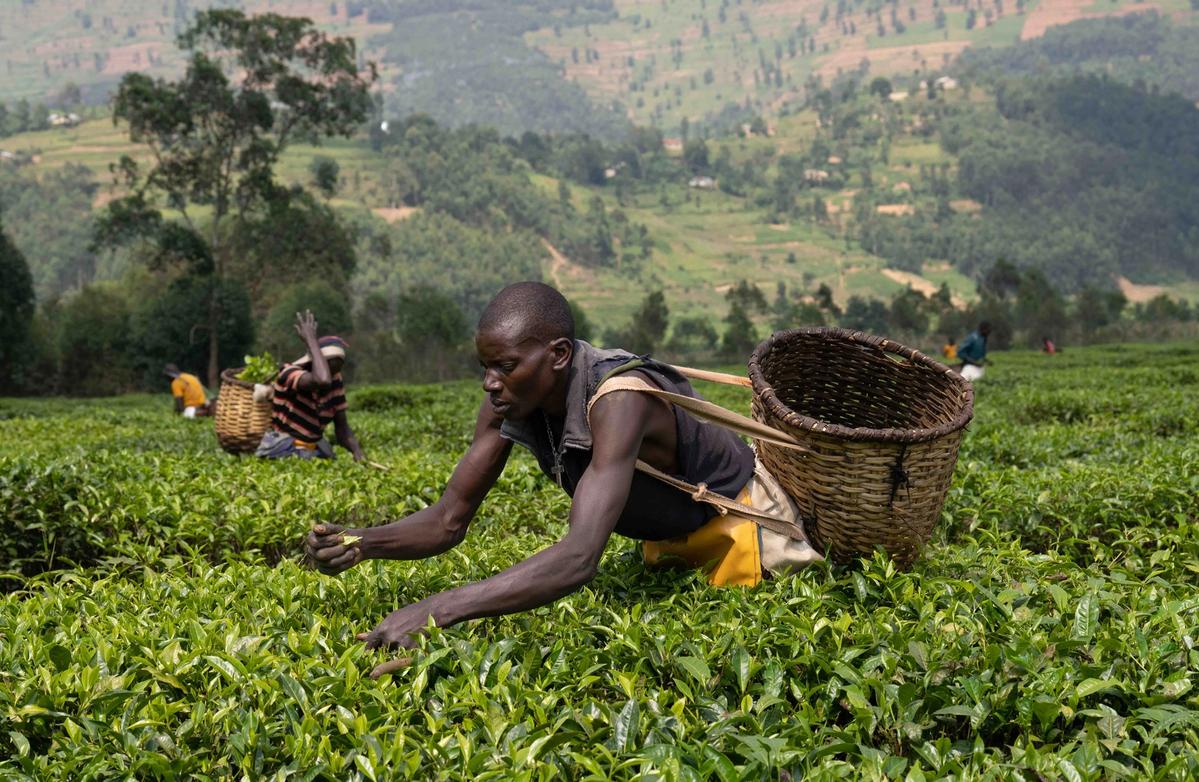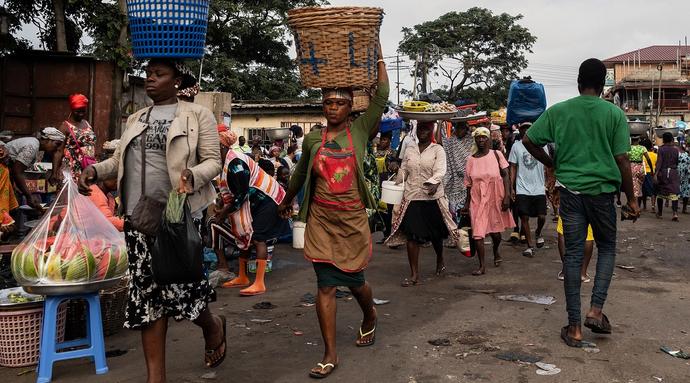Philippines
Public Debt
The IMF works with member countries to better support them in addressing debt sustainability and restructuring challenges.
The world’s public debt fell from 100 percent of GDP in 2020 to 92 percent of GDP in 2022, supported by strong real GDP growth, inflation surprises, and the withdrawal of fiscal support measures related to the effects of the COVID-19 pandemic. However, global public debt is projected to rise again beginning in 2023, according to the IMF Global Debt Database and April 2023 World Economic Outlook database.
Debt vulnerabilities and risks remain elevated, with emerging market economies and low-income countries especially affected. Among the former, 25 percent are at high risk and facing “default-like” spreads on their sovereign debt. Among low-income countries, about 15 percent are in debt distress, and an additional 45 percent are at high risk of debt distress; many of these countries operate in a complex environment marked by a more diverse creditor landscape. As noted in “Macroeconomic Developments and Prospects in Low-Income Countries—2022,” these countries would need $440 billion in additional financing for the period 2022–26 to resume and accelerate convergence of their incomes with those of advanced economies. In response to these challenges, the IMF has been working within its policy frameworks to help its members deal with debt issues.
The Role of the IMF
The IMF is helping countries address large financing needs to prevent debt crises or, for countries already in debt distress, to restore economic and financial stability. Most IMF liquidity support has been delivered through programs, emergency assistance, and an SDR 456.5 billion allocation in August 2021 (equivalent to about $650 billion at the time). The IMF also supports member countries’ efforts to work with their creditors to address debt distress in the context of a Fund-supported program. The IMF plays a key role in defining the financing envelope (or debt relief envelope) and providing a rigorous and well-articulated view of a country’s macro-financial stability and a clear bottom line on its debt sustainability prospects.
The IMF has also adapted its sovereign arrears policies and perimeter, which govern the conditions under which the IMF can lend to countries that are running arrears to their official and private creditors. These policies seek a balance between encouraging the resolution of arrears and allowing the IMF to support members in need that are taking appropriate steps to resolve their arrears. Changes to IMF sovereign arrears policies approved by the Executive Board in May 2022 reflect the new realities of a more complex creditor landscape and the membership’s call to increase debt transparency. The Executive Board also approved changes to its financing assurances policies in the context of upper-credit-tranche IMF financing under exceptionally high uncertainty to remove existing barriers to designing an upper-credit-tranche program in such situations.
LICs would need
billion
for the period 2022-26 to resume and accelerate their income convergence with advanced economies

Group of Twenty Common Framework
The Group of Twenty (G20) Common Framework has begun to deliver on its potential. Four requests have been made (by Chad, Ethiopia, Ghana, and Zambia). Chad reached an agreement with its official and private creditors in mid-November 2022 on debt restructuring consistent with the parameters of its IMF-supported program. The restructuring will provide actual debt-service relief (in 2024) and protection against downside risk, including a potential drop in oil prices. As of April 30, 2023, Ghana and Zambia have made important progress toward debt restructuring, with financing assurances provided by all of its official creditors, paving the way for Extended Credit Facility arrangements for both countries. However, overall progress on debt restructuring has been slower than desired, and the process is not yet complete.
Global Sovereign Debt Roundtable
Launched in February 2023 by the IMF in coordination with the World Bank and India’s G20 presidency, the Global Sovereign Debt Roundtable brings together key stakeholders involved in sovereign debt restructuring to foster consensus on debt and debt-restructuring challenges and how to address them, These stakeholders include traditional creditors that are members of the Paris Club; new creditors such as China, India, and Saudi Arabia; the private sector; and borrowing countries. It aims to support, rather than replace, existing restructuring mechanisms such as the G20 Common Framework by fostering greater common understanding of concepts and principles.
The Global Sovereign Debt Roundtable meeting on April 12, 2023, brought together public and private sector creditors, as well as borrowers, with the common purpose of accelerating the debt-restructuring process. The meeting resulted in tangible progress on debt restructuring. There were three positive outcomes: (1) an agreement on improving information sharing of macroeconomic projections and debt sustainability assessments at an early stage of the debt-restructuring process; (2) a common understanding of the role that multilateral development banks can play, notably through the provision of net positive flows of concessional financing; and (3) a clearly defined work plan, including a workshop on how to assess and enforce comparability of treatment.

Read Next
Resilience To Shocks
The IMF helps countries strengthen their resilience to shocks and bolster their institutions.